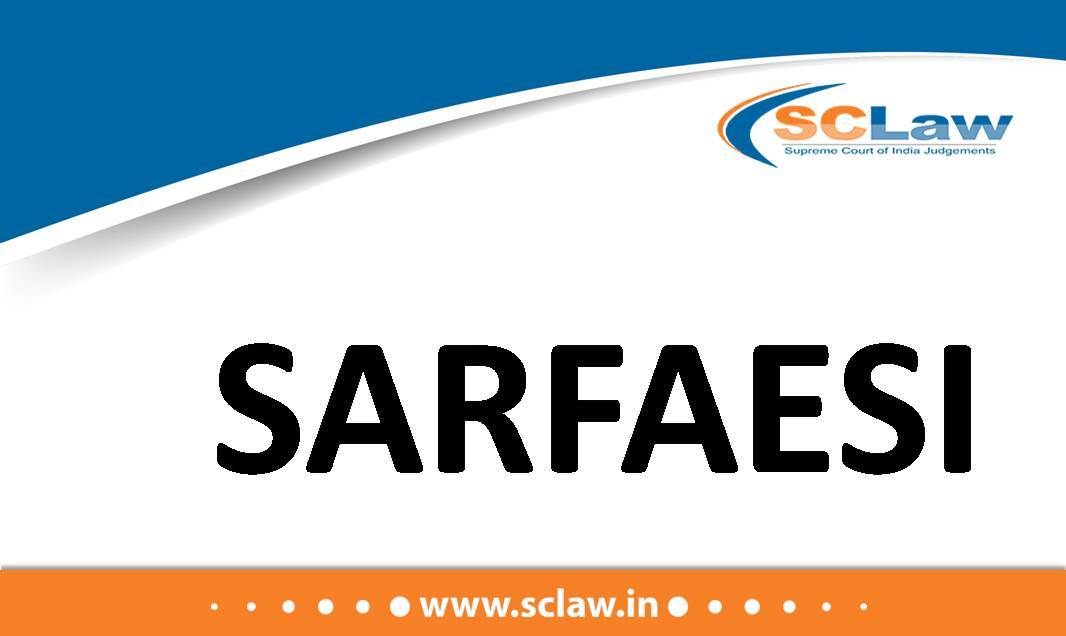Limitation Act, 1963 – Section 5 – Land Acquisition Act, 1894 – Section 18 – Condonation of delay of around 479 days in presentation of an appeal from the decision of the Reference Court under section 18 of the Land Acquisition Act, 1894 – High Court’s decision to condone the delay does not suffer from any error warranting interference, such an exercise of discretion does, at times, call for a liberal and justice-oriented approach by the Courts, where certain leeway could be provided to the State – A court of appeal should not ordinarily interfere with the discretion exercised by the courts below – An appellate power interferes not when the order appealed is not right but only when it is clearly wrong.
SUPREME COURT OF INDIA DIVISION BENCH SHEO RAJ SINGH (DECEASED) THROUGH LRS. AND OTHERS — Appellant Vs. UNION OF INDIA AND ANOTHER — Respondent ( Before : Bela M. Trivedi…






